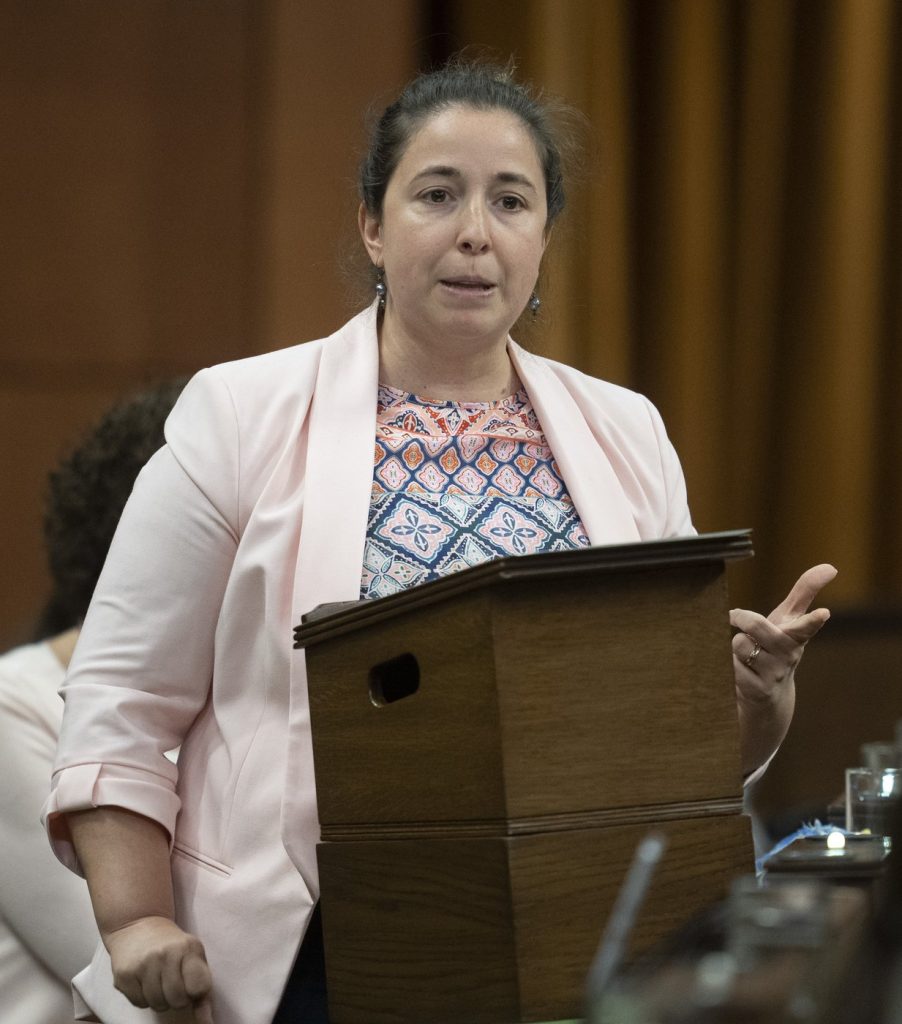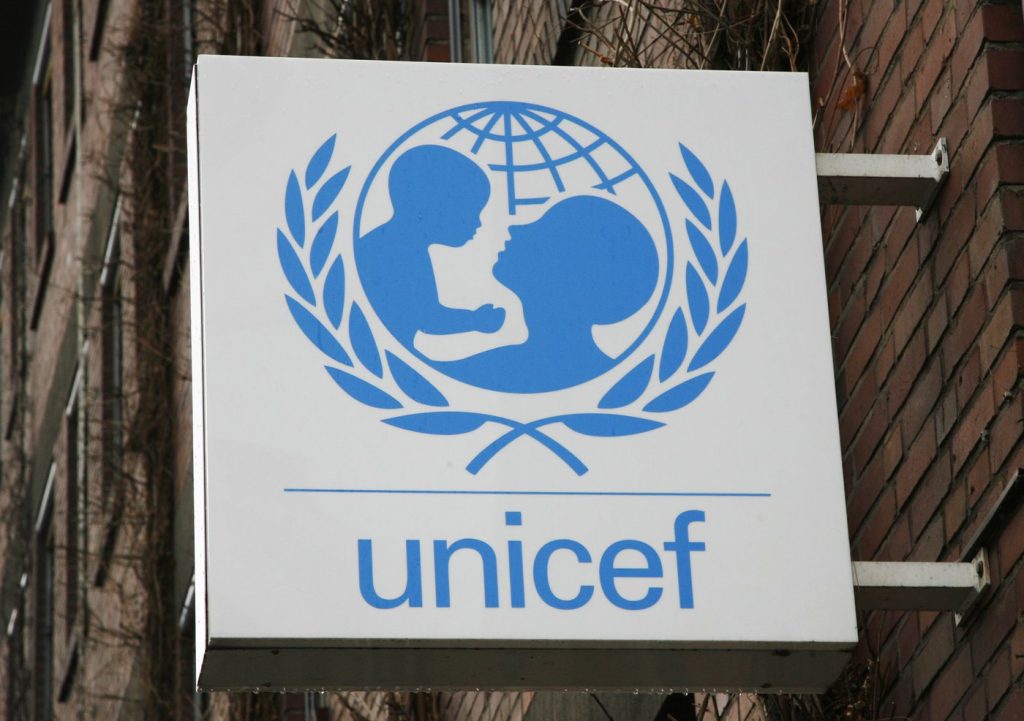The situation in the Montreal-area riding of Terrebonne has taken a dramatic turn following a judicial recount that resulted in Bloc Québécois candidate Nathalie Sinclair-Desgagné losing her seat by just one vote. This unexpected outcome prompted Sinclair-Desgagné to consider her options moving forward, as she communicated through a post on Facebook. She emphasized the gravity of the situation, indicating that she would weigh all possibilities before announcing her next steps.
The recount came into the spotlight due to an inquiry by Elections Canada into a possible error related to a mail-in ballot that was reportedly not counted. Emmanuelle Bossé, a voter from the same riding, claimed that she mailed her ballot back in early April using the official envelope provided but had it returned as undeliverable. She stated that she had voted for the Bloc Québécois, raising questions about the integrity of the electoral process. Elections Canada confirmed there was an error regarding the return address on this voter's envelope, specifically noting that part of the postal code was incorrect.
The judicial recount revealed that Liberal Tatiana Auguste won the election with a narrow margin of 23,352 votes to Sinclair-Desgagné's 23,351. Initially, Auguste was projected to win by 35 votes after the election held on April 28, 2025. However, Sinclair-Desgagné had momentarily advanced ahead by 44 votes through the post-election validation process until the recount swung the results back in favor of Auguste. With this final outcome, the Liberal Party secured a total of 170 seats in the House of Commons, falling short of the 172 required for a majority. Meanwhile, the Bloc Québécois saw its seat count decrease to 22, amid ongoing judicial recounts in other ridings.
Political observers, like Julie Simmons, an associate professor of political science at the University of Guelph, have pointed out how unusual it is for an election to be decided by a single vote. Although the recount stands as the official result, there remains a legal avenue for candidates or even voters to contest the outcome in court. In such cases, a judge can address concerns regarding candidate eligibility or any irregularities that may have impacted the election's result. Simmons mentioned that given the proximity of the election outcome, there could be a strong case for contestation which, if successful, would lead to a byelection.
Heidi Tworek, director of the Centre for the Study of Democratic Institutions at the University of British Columbia, noted that the unfolding events in Terrebonne illuminate the mechanisms in place meant to ensure electoral accuracy and transparency. She acknowledged that while mistakes can occur in any system, having reliable processes to recognize and rectify these errors is crucial for maintaining public trust in the electoral system.
Community sentiment seems to echo calls for a byelection to clarify the results. Richard Lacas, a resident of Terrebonne who participated in the election, expressed that without a redo, there would be lingering doubts among the electorate about potential uncounted ballots. Lacas indicated his political affiliation shifted in the last election, where he voted Liberal for the first time, believing it would better confront ongoing challenges with the United States. Nevertheless, he expressed intent to return to voting for the Bloc Québécois in a potential byelection.
As the situation continues to develop, both the Bloc Québécois and Liberal parties have refrained from commenting publicly on the matter. Sinclair-Desgagné's choice not to address the uncounted ballot specifically in her statement adds another layer of intrigue to this already complex political drama in Terrebonne.












